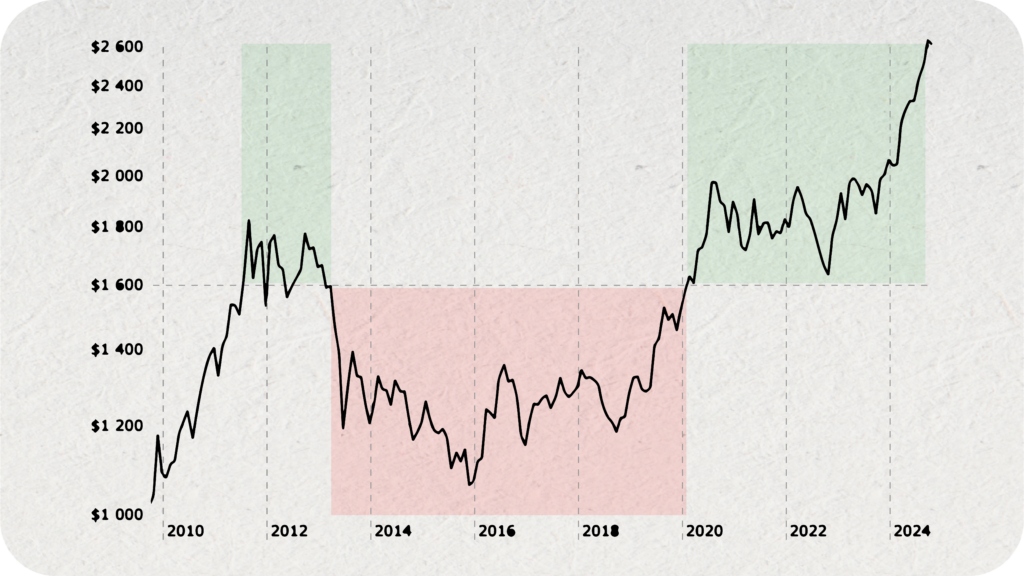In an era where key assets are not owned but accessed, the importance of ownership dwindles. Access, powered by technological advancements is shaping our economy and giving you the benefits of ownership without the responsibilities. As society continues to decentralize, one aspect has remained unchanged – money. However, this is shifting, and it’s a change you should embrace.
Why Embrace Decentralized Money
Decentralized money offers societal benefits by reducing friction, speeding up improvements, and empowers transparent governance. It also significantly lowers conflict of interest between money holders and issuers. Amidst the ubiquity and free access to information and money, trust becomes a valuable asset, something decentralized systems inherently possess.
Dematerialization and On-Demand Access
The trend towards dematerialization and on-demand access is driving this shift. Since the 70s, products have become lighter and intangible, with digital goods replacing physical ones, tangibles replacing the intangibles. This shift has increased the speed and ease of access, a shift from static to fluid. Most goods and services are short-term use and thus candidates for renting. Why own when you can achieve the same utility from renting, licensing, or sharing?
The Power of Decentralization
We’re at the midst of a century-long scramble towards greater decentralization. This trend, facilitated by technology and cheap, ubiquitous communication, has impacted almost every aspect of our modern civilization, except one – money. As we transition from a “pages and browsers” model to flows and streams, our approach to money and financial transactions must also adapt.
The Last Stand of Centralization: Money
Currently, money remains a centralized institution, backed by watchful central banks tasked with tackling fraud, ensuring accuracy, and maintaining security. But what if we could decentralize money as well? Technological advancements have made this possible, laying the groundwork for other centralized institutions’ potential decentralization, leading to an era of ownerless, public commons real-time money.
The Blockchain Revolution
The advent of blockchain technology has allowed for the creation of a fully decentralized, distributed currency that doesn’t require a central bank. This technology, a public commons owned by everyone and no one, could decentralize many systems besides money. In this new era, immediacy, personalization, and authenticity become the hallmarks of value.
The Rise of the Public Commons
As we digitize and share creations, they become ownerless, forming a public commons. This concept applies to the decentralized web, serving you as if you owned it, but without the maintenance burdens. As our society continues to decentralize, the importance of accessing becomes even more prominent. This public commons also becomes a platform for innovation and wealth creation, as the audience turns into artists.
Conclusion
Embracing decentralized money is more than just a financial decision; it’s a step towards a future where access reigns supreme over ownership. It’s about welcoming a world where friction is reduced, improvements flow freely, and corruption possibilities are lowered. The future is not just about being able to access, but also about the ability to adapt and flow with our needs.
If you’re ready to step into this future, join us. Become a part of the Redcurry community, an ownerless decentralized money commons. Follow our newsletter, join our social media channels, and engage with us on our Discord. It’s time to embrace the future; it’s time to embrace decentralized money.
Reference
Kelly, K. (2016). The Inevitable: Understanding the 12 Technological Forces That Will Shape Our Future. Viking.
Join those who stretch the possible.
Weekly exclusive email to help navigate DeFi and crypto. No trivial stuff, no news aggregation. We dive deep into the world of DeFi and pull together resources that we find useful on the road toward financial freedom.
We value your privacy and time. We will never share your information nor send irrelevant 




